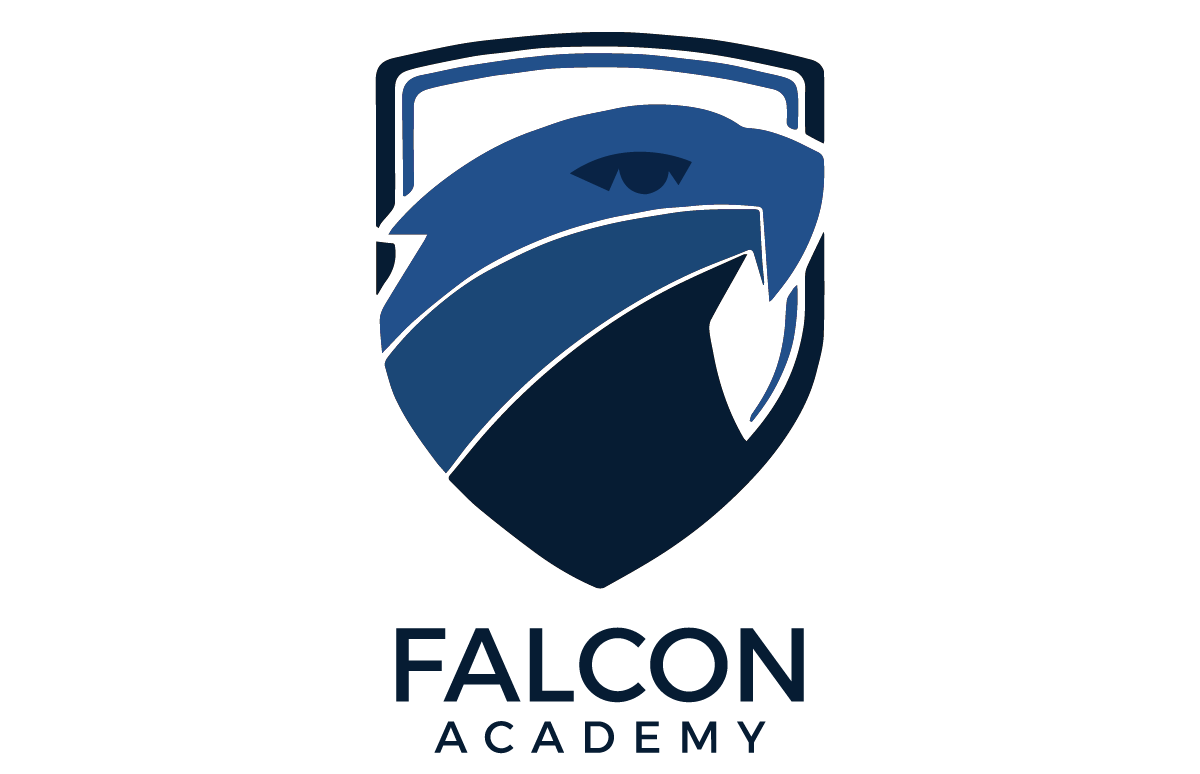
English Language Arts
At Falcon Academy, our English Language Arts (ELA) program provides a continuous and purposeful journey from elementary school to middle school, nurturing learners into confident, thoughtful, and expressive communicators. Grounded in the three-dimensional model of teaching and learning—concepts, skills, and content—ELA instruction is designed to develop both literacy and literary competence, empowering learners to understand, interpret, and respond to a range of texts and real-world situations.
ELA in Elementary School
In elementary school, learners build foundational language and literacy skills through rich exposure to stories, informational texts, poetry, and oral language. They begin to explore concepts such as message, audience, purpose, and point of view. Reading and writing are embedded in transdisciplinary learning, where learners engage in storytelling, reflective journaling, shared reading, word study, and early research. Instruction is tailored to different readiness levels, ensuring every learner is supported and challenged through phonics, guided reading, shared writing, and play-based language development.
ELA in Middle School
As learners progress into middle school, they engage with a diverse range of literary and non-literary works, including international, American, and multicultural texts that expose them to varied voices, genres, time periods, and styles. Learners analyze fiction, nonfiction, poetry, speeches, articles, visual texts, and digital media, deepening their understanding of tone, style, structure, and author’s purpose. Emphasis is placed on close reading, annotation, discussion, and writing in multiple forms—creative, analytical, and persuasive.
ELA instruction in middle school addresses different readiness levels, using differentiated tasks, reading groups, scaffolding strategies, and digital tools to support language acquisition and challenge advanced readers. Learners learn to analyze language, structure, and meaning, while also developing key skills in organization, time management, communication, and self-reflection. Through independent reading, literature circles, debates, socratic seminars, and writing workshops, learners refine their voice, express ideas clearly, and respond critically to what they read.
Assessment in English Language Arts
Assessment is purposeful and varied. Formative assessments—such as reading journals, exit slips, peer feedback, oral presentations, and rough drafts—guide instruction and provide immediate feedback. Summative assessments include authentic tasks such as literary essays, comparative analyses, multimedia projects, creative narratives, and oral commentaries. Learners are encouraged to demonstrate understanding in multiple ways, allowing for choice and creativity, while always grounding their responses in textual evidence and stylistic awareness.
Lifelong Literacy and Global Thinking
Across both elementary and middle school, the ELA program develops conceptual understanding, language mastery, and lifelong literacy skills. Learners grow not only as readers and writers but also as global thinkers who can interpret the world around them, communicate across cultures, and use language powerfully and ethically.
